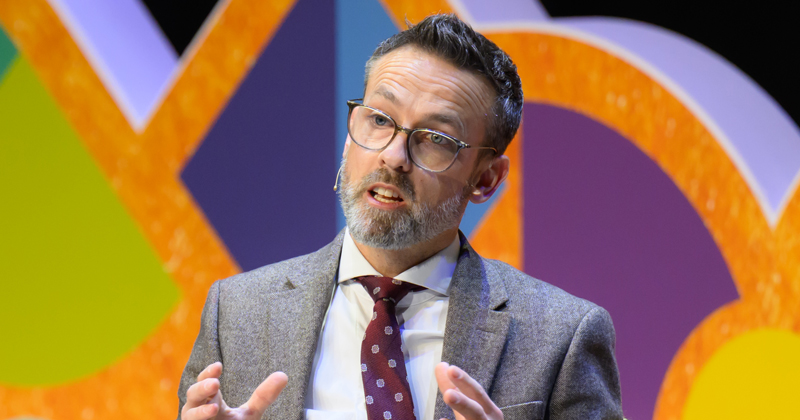The government’s expert panel aimed at helping make mainstream schools more inclusive has been extended until April, inclusion tsar Tom Rees has revealed.
The government’s new expert panel on school inclusion was launched in November, chaired by CEO of Ormiston Academies Trust Rees.
The government initially said the advisory group would initially run until July. “The duration may be subject to change following ministerial decisions,” government documents added.
But speaking at the Festival of Education today, Rees said the panel has now been extended by nine more months, until April 2026.
It comes as the government is set to lay out its full plans for reforming the SEND system in a white paper this autumn.
Rees said he is “really pleased”, adding :”It’s going to be an important time from a policy perspective. We’re looking forward to making a contribution.”
The government has been clear it plans to boost inclusion of pupils with special educational needs (SEND) in mainstream schools, amid soaring numbers of children with SEND and with education, health and care plans (EHCPs).
There are now more than 1.7m pupils in schools in England with SEND. This equates to almost one in five pupils (19.5 per cent) and marks a 5.6 per cent increase on 2024. One in 20 children (482,640) now have an EHCP.
The inclusion advisory group meets monthly to “look at how to improve mainstream education outcomes and experience for children and young people with SEND”.
It also engages with Dame Christine Lenehan, who was in November appointed the government’s strategic advisor on SEND, and other sector experts.
On Thursday, Rees unveiled the group’s Inclusion in Practice report, which it has been working on since April.
The report set out to “surface and share what is already happening in schools to support inclusive practice for children and young people with special educational needs and disabilities”.
It sets out “five principles of promising practice” on inclusion. Inclusive schools know children “well, early and often”, offer “coherent and expert targeted support” and see inclusion as a “strategic and shared responsibility”, it found.








Your thoughts